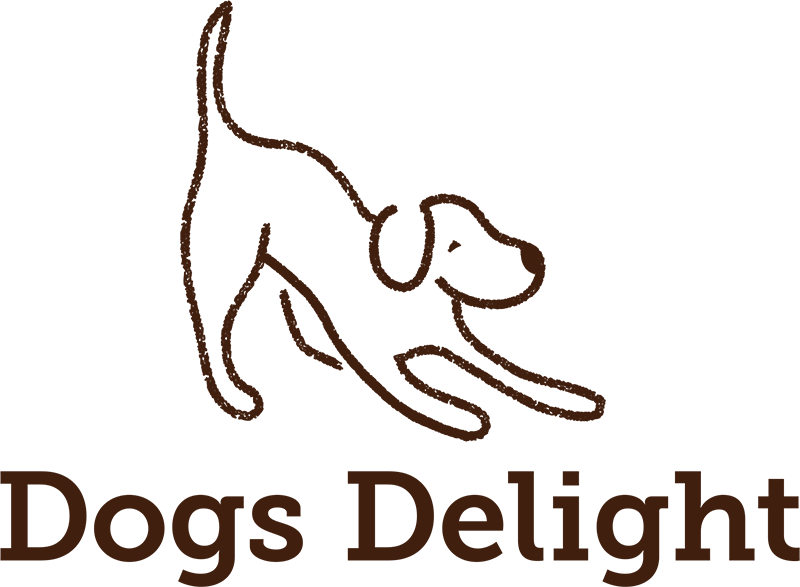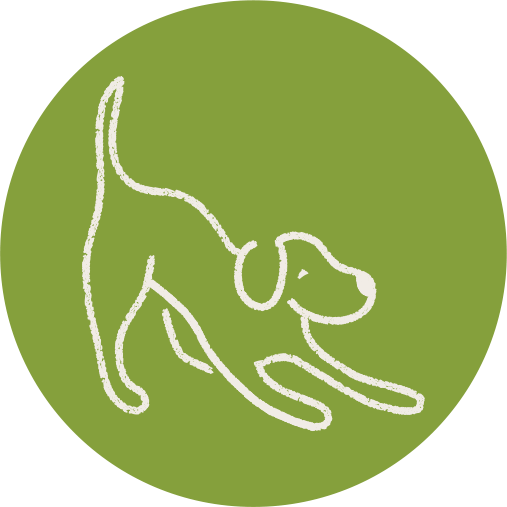Healthy
Pancreatitis in Dogs
If your Vet has told you your canine companion has pancreatitis, you may be full of questions as to what you need to do about their diet. There are certain changes that can help to reduce or even eliminate symptoms of this disease – let’s take a look at the main points.
The pancreas is located in the upper abdomen, near the stomach, liver and right kidney. The pancreas has two main roles in the body
- Endocrine system. The pancreas secretes hormones, including the blood sugar-regulating hormones: insulin and glucagon.
- Exocrine system. The pancreas also secretes enzymes to digest food into the small intestine. These include the enzyme lipase to digest fats, amylase to digest carbohydrates (starch) along with chymotrypsin and trypsin to digest proteins.
Pancreatitis refers to “inflammation of the pancreas” and there are two types: acute, which means it is “sudden” in onset and chronic, which means “recurring,” When the pancreas becomes inflamed, the digestive enzymes that would normally become active once they reach the small intestine instead become active in the pancreas itself. This leads to pain and swelling. Those dogs with chronic pancreatitis are actually having multiple bouts of acute pancreatitis and the long term impact of this can be severe causing permanent damage to the structure and function of the pancreas.
In many cases it will be unclear as to what the underlying cause of pancreatitis is however some risk factors for developing pancreatitis include:
- Being overweight or obese (higher body condition score)
- Having a high fat diet
- A large amount of fatty food all in one sitting (scavenging)
- Pre-existing intestinal disease such as inflammatory bowel disease
- Liver disease
- Toxins
- Infections
- Breed susceptibility – Miniature Schnauzers, Yorkshire Terriers and Cocker Spaniels may be at increased risk for developing pancreatitis.
- Age – it is also more common in older dogs
- It is more common in female dogs
How can diet help
During the acute phase, the Vet may advise on resting the pancreas by having a day without food alongside intravenous fluids and pain relief. Once home, the Vet may recommend a prescription diet which has been specially formulated to help the dog recover. It is important to follow the advice of the Vet and once the dog is recovered, you can then look for a more nutritious option to manage their condition in the long term.
There are no particular ingredients in gastrointestinal foods which make them any different from standard dog foods. They tend to be higher in carbohydrate and low in meat, which may appear low down on the ingredients list. In fact, the meat is often of the poorer quality ‘meat meal’ which is less well digested than muscle and organ meat.
The aims of the diet
For adult dogs, the aim of the diet is to reduce the workload of the pancreas. The diet should be:
- Low fat, around 10% fat (on a dry matter basis)
- Highly digestible – having a good quality protein from muscle meat.
More information on Pancreatitis is available on our Members pages and by individual consultation.


